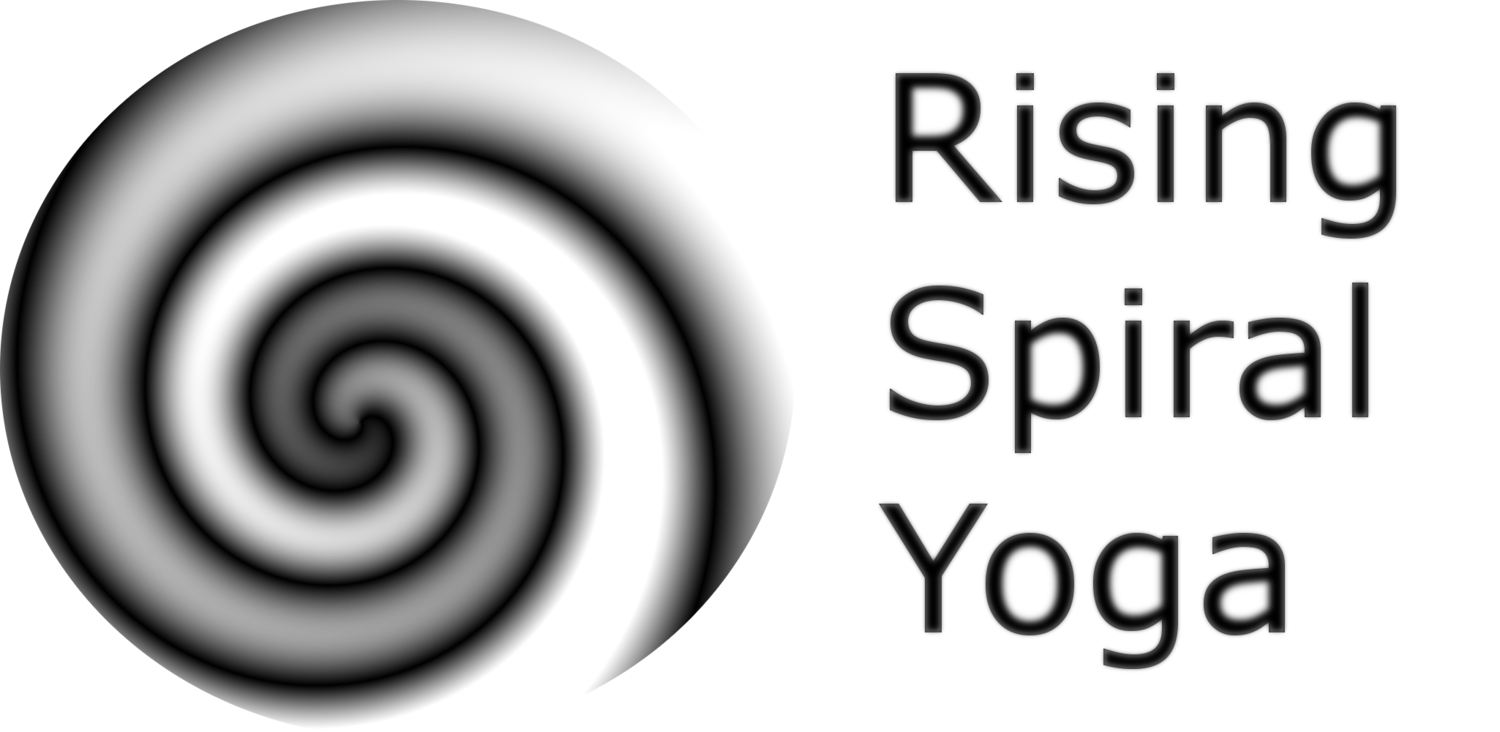‘no symphony, no painting, no poem, no art at all was ever reasoned into existence’
-Philip Pullman
I tend, these days, to jokingly refer to myself as a ‘recovering rationalist’ when I talk about what led me to become a yoga teacher. Often during this kind of discourse I see a knowing look or a nod to suggest that there is empathy to this idea. I also encounter many people who ‘just want to switch off’ as if they could flick a switch to quieten the inane chatter, the self-criticism or constant unsettling vigilance.
[Image credit Julia Suits]
So what’s wrong with rationality? In short I would say nothing, I would also add perhaps it would be more honest, though less pithy, to say ‘recovering hyper-rationalist.’ I was the archetypal hyper-analyst. I would reason to death with anything stuck on my mind; which was a lot back then. Many people are familiar with the juggernaut the critical mind can become. The constant need to explain. The internal dialogue that is anything but supportive. And indeed many of us are actively looking for a more peaceful way.
We live in a time and culture where critical thinking, analysis and rationality are highly vaunted by society. We have inherent hierarchies in school where the ‘important’ subjects (Maths, English, Science) are held in more esteem than other, arguably equally important, subjects (like Music, Art and Dance). Whether we like it or not we are tremendously biased towards the rational and away from the irrational. As a curious aside the word ‘irrational’ is often employed as a pejorative term. And its funny that, as Philip Pullman puts so beautifully succinctly, all the things we truly value are borne from felt expression.
Comedians will say the best way to ruin a joke is to explain it. It’s as if the humour visibly evaporates. We can be profoundly moved by a piece of art or music without anybody teaching us why and even not knowing deepens the mystery. That suggests we are fully equipped, with no conscious training, to enjoy life experiences in another domain completely. We can see the world through a lens of analysis and we can understand beauty simply because we know it to be true. There is the rationalism we are familiar with and something ‘other.’ I have now become entirely fascinated by that ‘other.’
The word Yoga translates as ‘yoke’ and is often interpreted to mean ‘unity.’ When we practise we connect in far reaching ways to all aspects of our lives. I believe this to be profoundly healing. Paying attention to being is one of the simplest ways of slowing down the juggernaut mind. There is no fight, there is no strain, there’s no competition with the mind. Paying attention to being brings us connection to that ‘other’ - a resource rich mysterious land full of compassion and creativity. The flexibility that is developed through asana practise goes far beyond the physical, to a flexibility of mind that might just surprise and delight.

![[Image credit Julia Suits]](https://images.squarespace-cdn.com/content/v1/5657015ee4b0702d37e96fd0/1508946494346-RM2UBIYCF7E9W8PW8JXJ/BigThink_Robot_vs_Human_Rationality+%28Small%29.jpg)